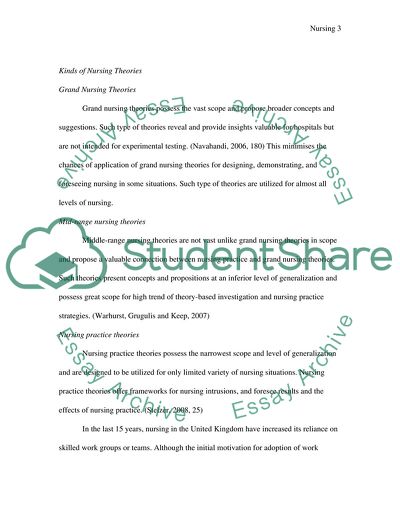Cite this document
(“Nursing Practice Guidelines and Theory Research Paper”, n.d.)
Nursing Practice Guidelines and Theory Research Paper. Retrieved from https://studentshare.org/nursing/1745606-learning-and-assessing-in-the-practice-enviroment-level-h-adult-nursing
Nursing Practice Guidelines and Theory Research Paper. Retrieved from https://studentshare.org/nursing/1745606-learning-and-assessing-in-the-practice-enviroment-level-h-adult-nursing
(Nursing Practice Guidelines and Theory Research Paper)
Nursing Practice Guidelines and Theory Research Paper. https://studentshare.org/nursing/1745606-learning-and-assessing-in-the-practice-enviroment-level-h-adult-nursing.
Nursing Practice Guidelines and Theory Research Paper. https://studentshare.org/nursing/1745606-learning-and-assessing-in-the-practice-enviroment-level-h-adult-nursing.
“Nursing Practice Guidelines and Theory Research Paper”, n.d. https://studentshare.org/nursing/1745606-learning-and-assessing-in-the-practice-enviroment-level-h-adult-nursing.


